-
Your Cart
-
-
It looks like your cart is empty
-
Subtotal: $0.00
Blog
_org.jpg)
July 21, 2021
Eggs 101: Everything You Need to Know About Eggs
Blog
Eggs are undeniably a kitchen staple. Packed with essential vitamins and minerals, not to mention six grams of protein per egg, this readily available, inexpensive food has been consumed for thousands of years. Today, we will look at everything you need to know about eggs and showcase our favourite ways to cook them using only the best and freshest eggs out there from our local BC farmers, The Egg Store and McGillvary Creek Farm. So, let's get started!
Brown eggs, white eggs, so which one's which?
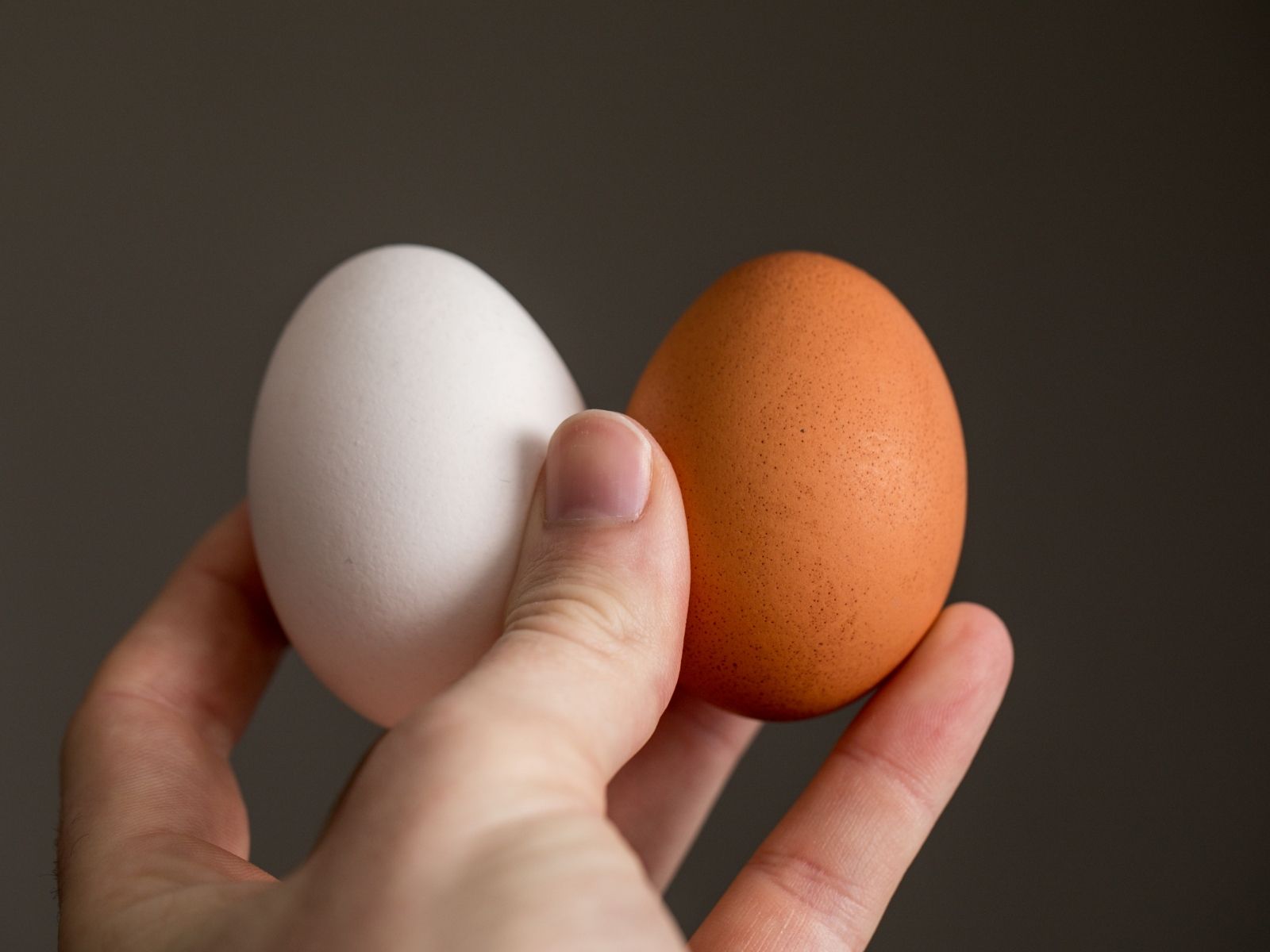
Eggshells vary in colour from white to brown to even olive green. The difference is based on the breed of the hen and not on the hen's feathers. And nutrition-wise, value and content are the same regardless of the egg's shell colour. Interesting to know, right?
What types of eggs are on the market?
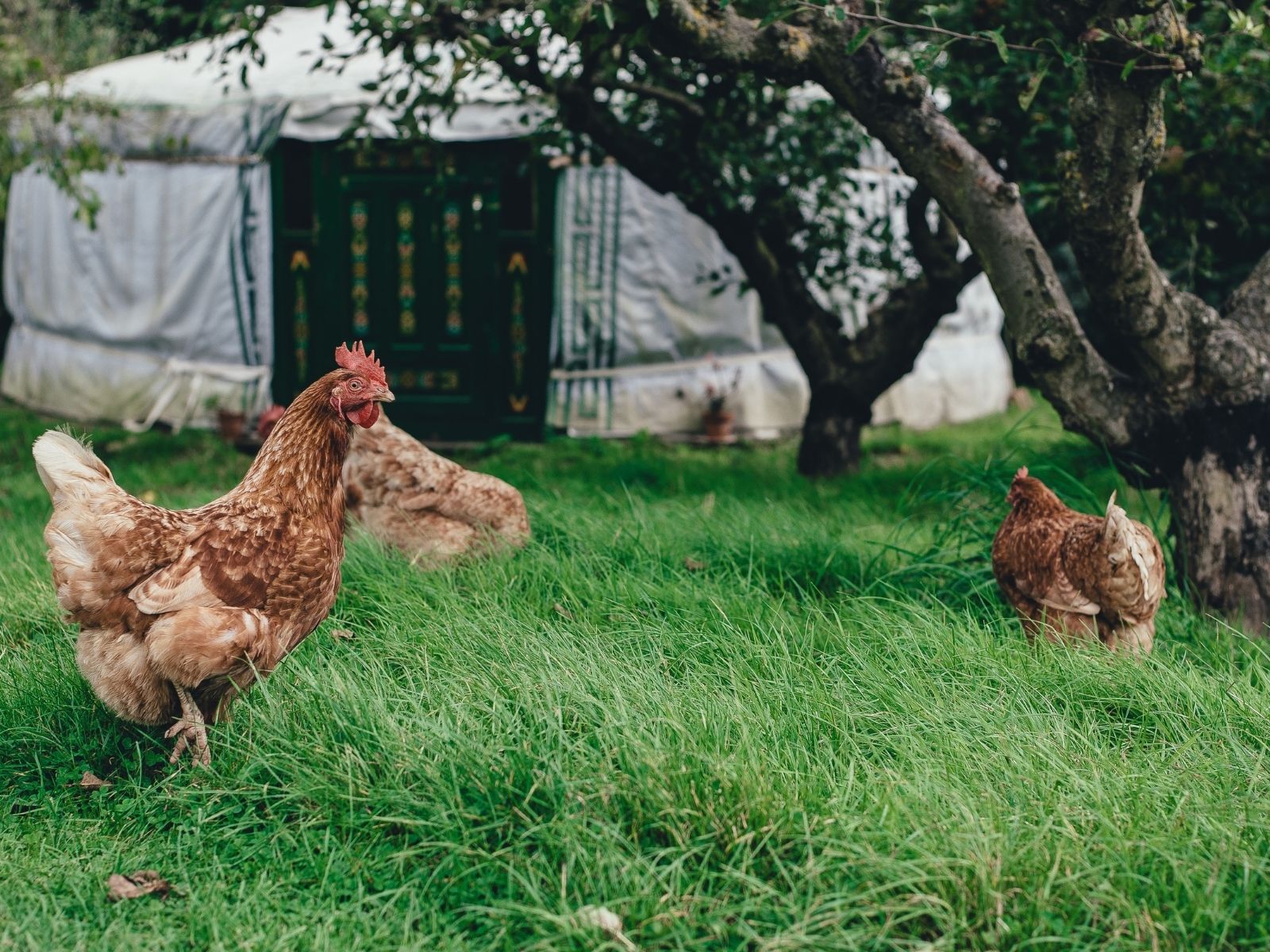
There are many different types of eggs available, including free-range, organic, cage-free, and non-cage-free. In the case of free-range eggs, specific criteria must be met. For example, hens must have unlimited access to food and water, continuous access to the outdoors during their laying cycle, and freedom to roam within an area. Studies have even shown that organic eggs from hens that had the freedom to roam as they wish contained increased levels of certain nutrients than eggs from caged hens. Furthermore, eggs from hens that spent a lot of time out in the sun had three to four times as much vitamin D as eggs that came from hens kept indoors. That's quite the difference!
Is a darker yolk better for me?
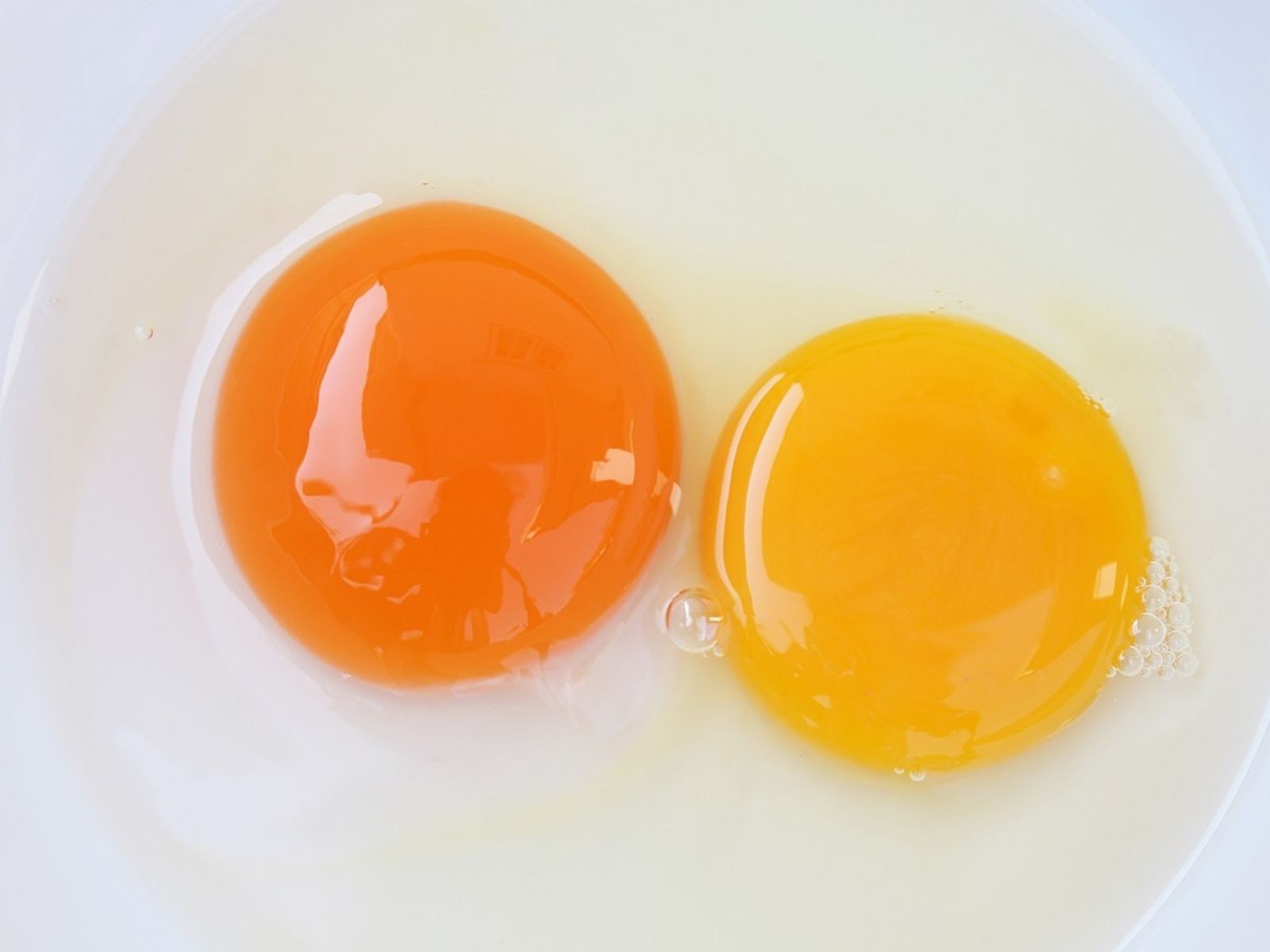
Yolk colour is based on a hen's diet. Generally speaking, free-range hens have darker yolks because their diets are higher in foods that are easily accessible to them, like green plants and other intensely pigmented plant materials. Conversely, yolks lighter in colour are due to diets high in cornmeal, wheat, and barley. Flavour-wise, some folks prefer the rich, deep taste of darker yolks, but did you know they contain the same amount of protein and fat no matter the yolk colour? However, it is believed darker yolks may contain higher traces of vitamins and lower amounts of cholesterol.
Can I really store eggs at room temperature?
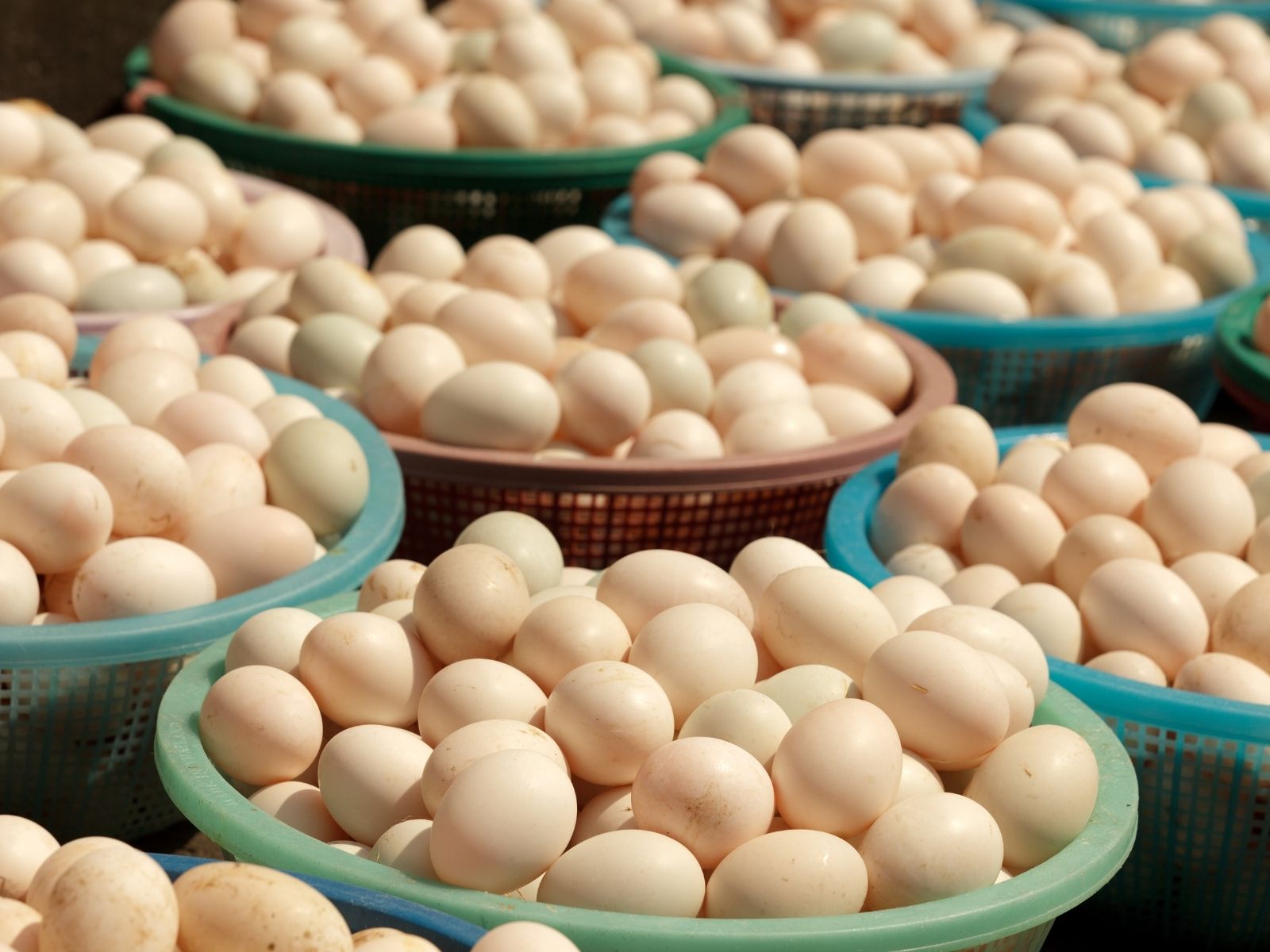
Conventionally, we keep eggs refrigerated, and that way, they last about a month. However, it is possible to store eggs at room temperature, too, depending on their production method. Basically, in North America, eggs are power washed, which removes the protective coating that protects the egg from bacteria. However, this layer is left on in some other countries so that eggs can be unrefrigerated. If you're ever wary of your eggs going bad, try this test out: using a glass full of water, place the egg inside. If it lands on the bottom flat, it's still fresh, if it's standing, it could be on its way to going bad, and lastly, if it floats, it's probably done and time to throw it out. Try this test at home, and let us know how it works out!
Now, here are our top three ways to cook eggs. Let us know your favourite, or share any others that come to mind!
Poached: Bring a pot of water to a slow simmer and add a tablespoon of white vinegar. The vinegar is used to help firm up the egg whites and prevents them from dispersing in the water. Crack your egg into a bowl, then gently pour it into the water. Cook the egg for 2-4 minutes, then remove and set to dry on some paper towel. Poached eggs are the building blocks of much well-loved breakfast, brunch and even dinner dishes. Try them in delightful eggs benedict (we carry hollandaise sauce!), in flavourful ramen noodle soup, or simply atop your avocado toast. No matter how you do it, poached eggs create a beautiful, sensory eating experience.
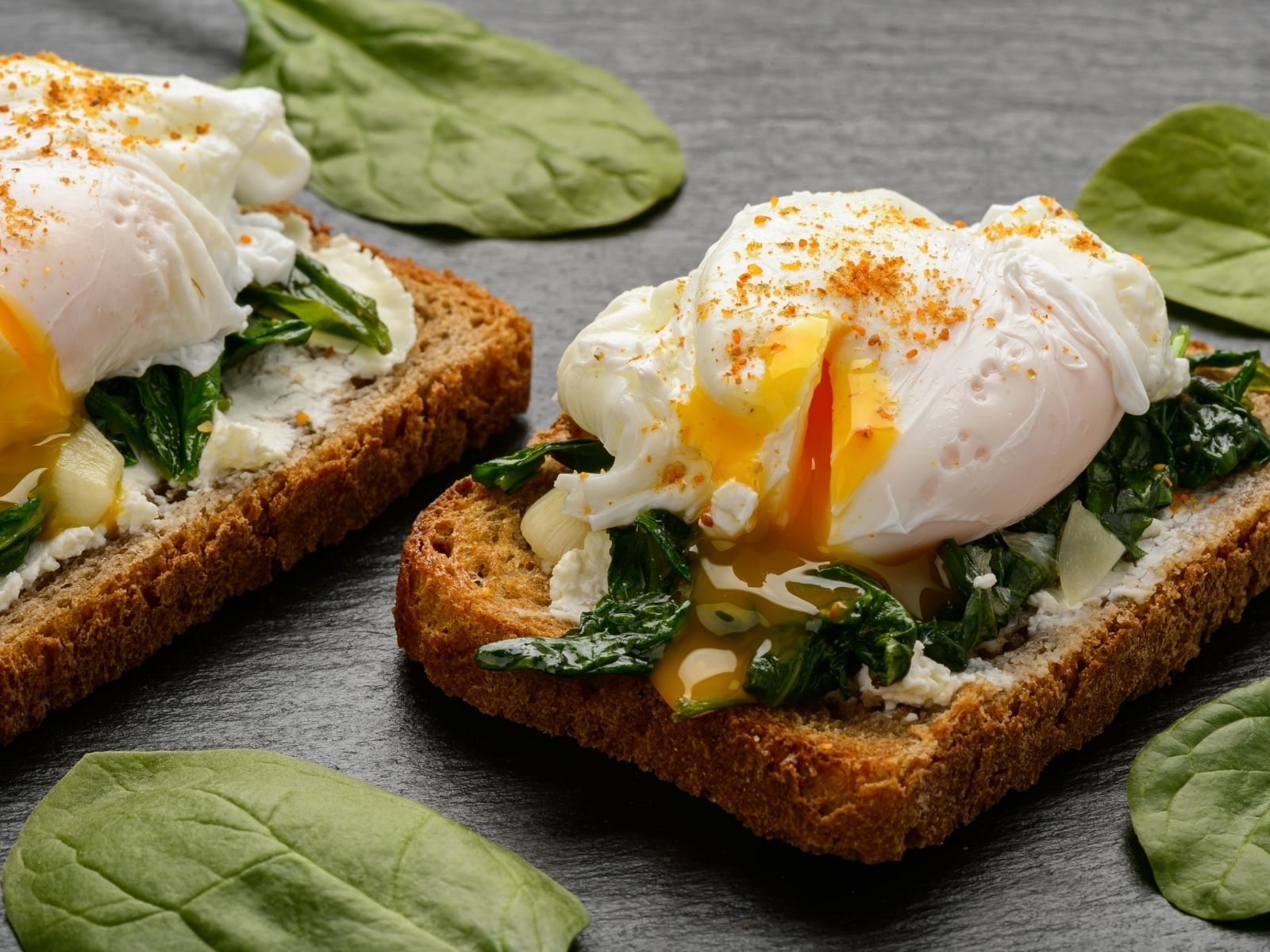
Hardboiled: This go-to power snack is versatile and convenient; how could you not love biting into a freshly boiled egg? And making them is as easy as pie: place your eggs in a pot full of cold water, then allow the water to come to a boil. Once boiling, remove the pot from the heat, cover and let eggs sit for ten minutes. Then remove and run under cold water to stop the cooking process. So, what's our favourite application? Hands down – deviled eggs! The perfect pairing of flavour-boosted, smooth and savoury whipped egg yolk with the firm and sublime egg white makes a great dish to bring on a picnic or to a potluck lunch. Don't forget to sprinkle your deviled eggs with a touch of organic cayenne pepper and some finely chopped local green onion!
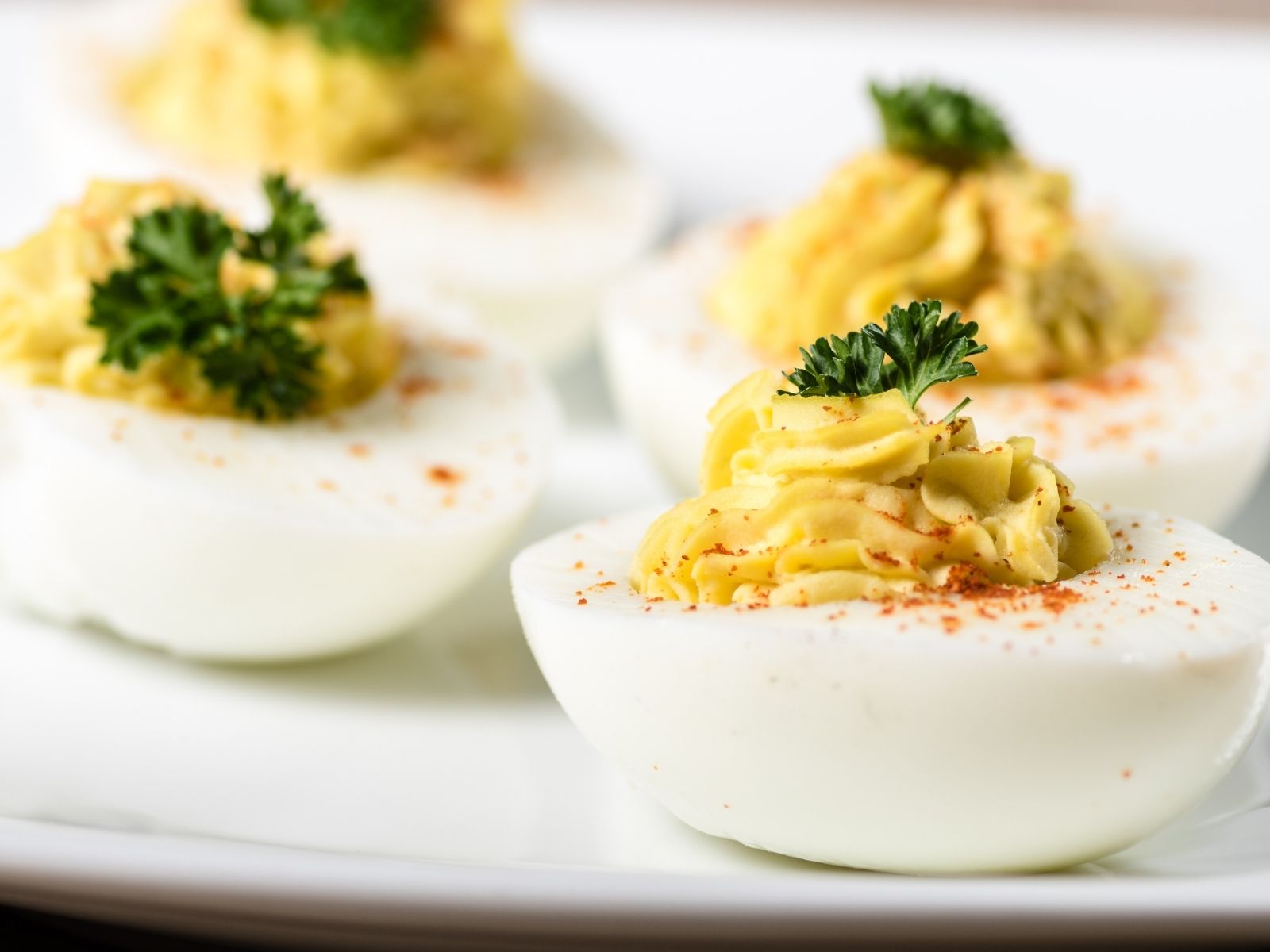
Scrambled: A classic and timeless way to cook eggs, scrambled is the way to go for a quick breakfast for yourself or your guests. In our opinion, there is only one way to cook scrambled eggs, and that's using the French method:
- Whisk eggs in a small bowl, then to a small saucepan over medium heat, add in butter and a tiny splash of olive oil.
- Allow to heat up until foamy, then gently pour in your eggs.
- Whisk until they begin to set.
- Once set, promptly remove from the heat and serve as you wish with a piece of warmed bannock would be ideal!
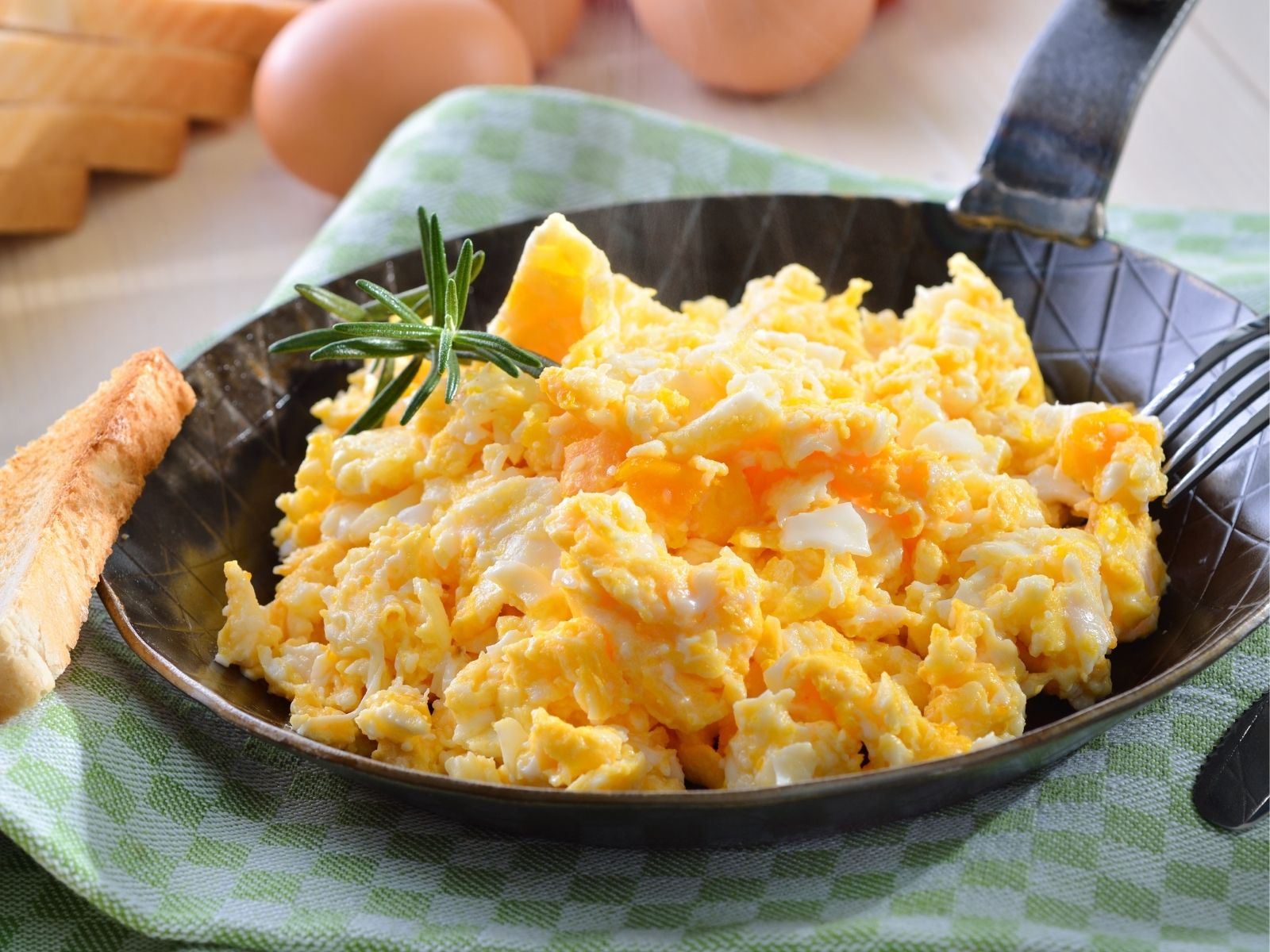
We hope you've learned a lot about our favourite, indispensable food – the beloved egg. Be sure to check out the egg products we have available on our website, from fresh, free-range or organic eggs and double yolkers to egg salad, mini quiche and breakfast pizza from EggSolutions-Vanderpol's Inc.; you'll quickly understand why eggs are so popular after all.
BLOGS YOU MAY LIKE
![Farm Fresh - Free Range [12 eggs] - 1 dozen](/Image/Product/8584516CCA5E3CA2DE6A6BECA6CF8D57/0300.jpg)

_org.jpg)
_org.jpg)
_org.jpg)